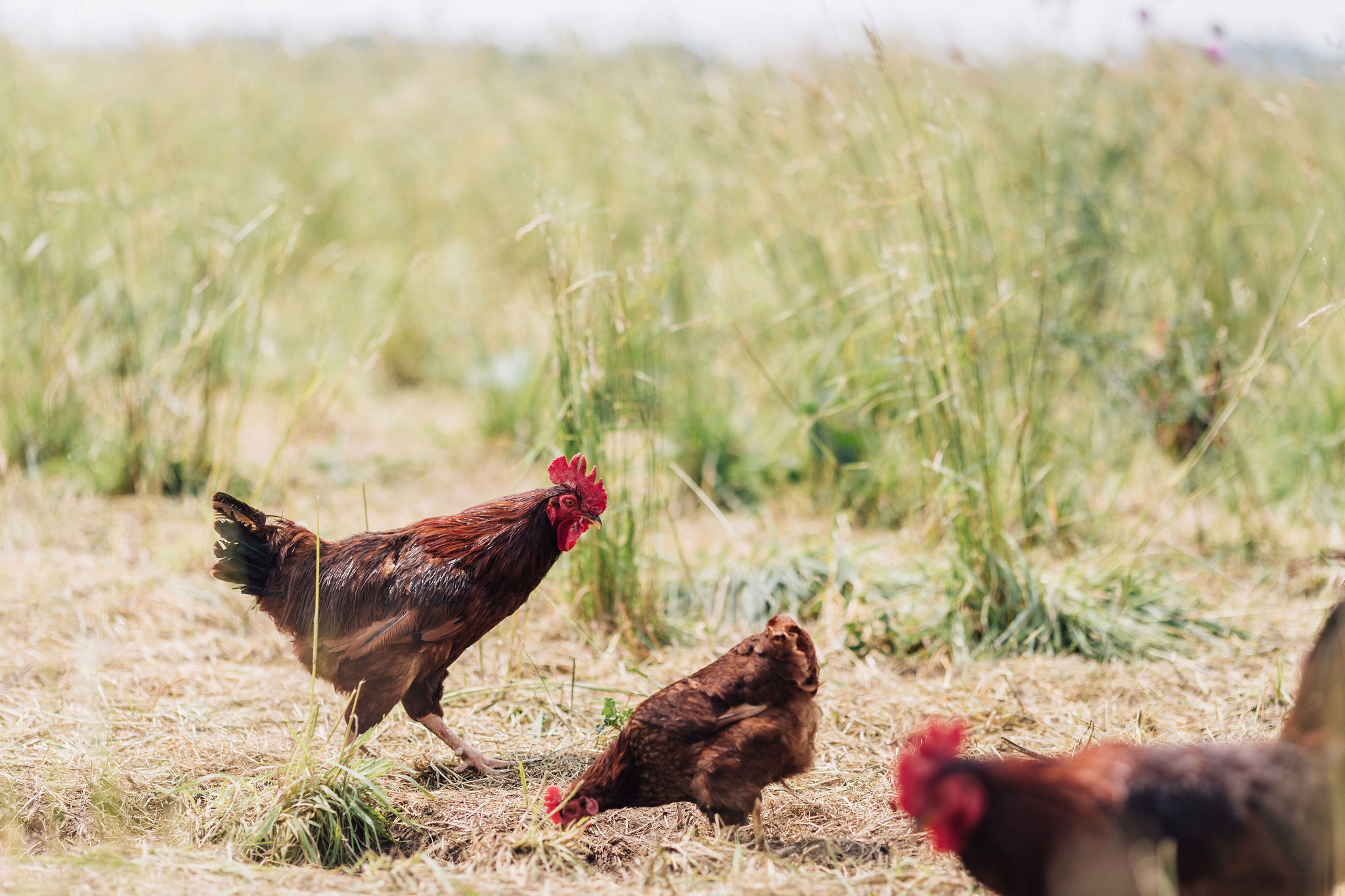Why are you trading consistency for quality with fresh, unprocessed dairy?
posted on
April 12, 2018
We know how much you value providing fresh, unprocessed dairy for your family. You know, the stuff that’s humanely raised and packed with essential nutrients, fully digestible proteins, crucial enzymes, and beneficial microorganisms.
That’s why our farmer makes wholesome dairy products to order every week, with minimal heating. You simply can’t find these nutrient-dense dairy products in the store.
However, these high quality, small batch products come with a downside – inconsistency. One week your Greek yogurt will be thick and creamy. The next it may be slightly watery or clumpy. This is the nature of truly whole, unaltered, fresh dairy products.
Culture suppliers recommend heating the milk to 180 F or higher. This kills the milk’s living structure, creating a blank slate for a new culture to grow.
Pasteurized dairy products are great for big producers, because they are consistent from week to week. You follow a recipe and get the same results, time after time. Mainstream customers expect this. However, all that great microbiology is lost, making it harder (and perhaps even impossible) for a body to digest.
Contrary to conventional wisdom, we heat the milk to 108 F, maintaining the plethora of valuable enzymes and microorganisms that are necessary for complete digestion. When a freeze-dried culture is added into the mix, the new culture needs to normalize with the current culture, and this happens slightly differently every time.
Another significant factor is that 100% grass-fed milk that goes from the udder to the bottle changes from week to week. Depending on the time of year and the herd’s diet and lifestyle, the milk may have a slightly different taste, nutritional value, fat content, and microbiology. It’s said that spring milk is the most nutritious and delicious – spring please come soon!
Between minimal heating and the ever-changing nature of untreated milk, our products are rarely the same week to week. I personally think this is exciting. When you get that quart of absolutely phenomenal kefir, it’s bliss.
What you can rely on is the quality of Miller’s products. Although inconsistent, our dairy products are 100% A2/A2, 100% grass-fed, humanely-raised, packed with nutrients and living cultures, fresh, and unprocessed.
This week, I encourage you to try one of our fresh dairy products – Greek yogurt, drinkable yogurt, kefir, cottage cheese, cream cheese. There are many flavors and options.
They are charming on their own but can also be dressed up. Try adding some herbs to kefir and using it as a salad dressing. Serve a quick easy breakfast of Greek yogurt, granola, and maple syrup. Or, blend some drinkable yogurt with a banana, juice, and some ice cubes for a refreshing lassi.




